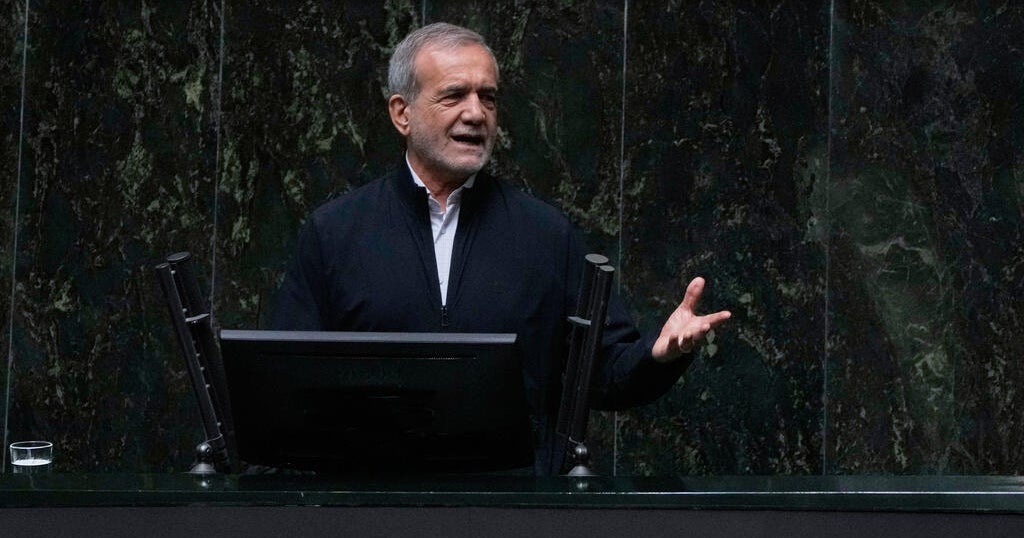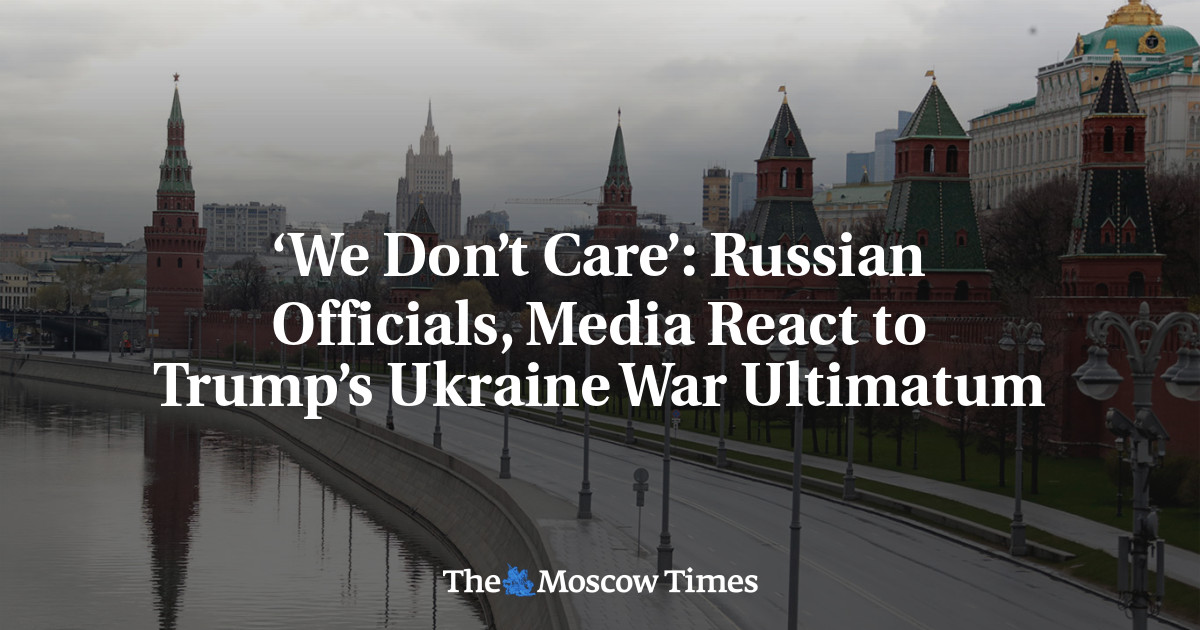Lula vs Trump: A Showdown of Sovereignty

In an electrifying twist of international diplomacy, Brazilian President Luiz Inacio Lula da Silva has delivered a fiery rebuttal to US President Donald Trump's audacious tariff threat, vowing that Brazil will stand unwavering against foreign coercion.
On Thursday, Lula da Silva stood before a gathering of leftist student activists in the vibrant state of Goias, clad in a symbolic red shirt, and made it clear: “No gringo is going to give orders to this president.” This assertion came on the heels of a contentious announcement from Trump, who proclaimed a 50% tariff on Brazilian imports, a decision he justified through a social media post accusing Brazil of mistreating right-wing ex-president Jair Bolsonaro and engaging in unfair trade practices.
Trump's tariffs, set to commence on August 1, are part of a broader strategy that has targeted over 20 countries this month. However, Brazil's significant bilateral trade with the US places it under a unique spotlight. Lula, during an interview with Christiane Amanpour, criticized Trump's approach as diplomatically improper, emphasizing that Brazil's judicial proceedings concerning Bolsonaro were entirely separate from trade policy. “The judiciary branch of power in Brazil is independent,” Lula asserted, pushing back against the conflation of legal and economic matters.
Adding a dose of irony, Lula compared Trump's situation with his own legal saga, implying that Trump's actions, akin to the Capitol Hill incident, would lead to prosecution in Brazil. Initially doubting the authenticity of Trump's social media letter, Lula confessed, “I thought it was fake news.”
Brazil's response is poised to mirror Trump's actions with counter-tariffs, reflecting Lula's staunch stance: “Brazil will not accept anything imposed on it. We accept negotiation and not imposition.”
This unfolding drama marks one of the earliest robust responses to Trump's tariff maneuvers, reinforcing Lula's growing domestic approval as he protects Brazilian sovereignty. In a broader strategic move, Lula also announced plans to regulate foreign tech firms, accusing them of sowing violence and misinformation under the guise of free speech.
Brazil's Foreign Minister Mauro Vieira indicated that, despite the lack of direct dialogue, Lula remains open to negotiations. “If the circumstances are given, they will speak,” Vieira mentioned.
As tensions escalate, with the US probing Brazilian trade practices, Lula's forthcoming televised address is anticipated to shed light on Brazil's next steps in this high-stakes trade conflict. Ironically, the domestic political climate seems to favor Lula, as his assertive defense of national interests resonates with the Brazilian populace.


























